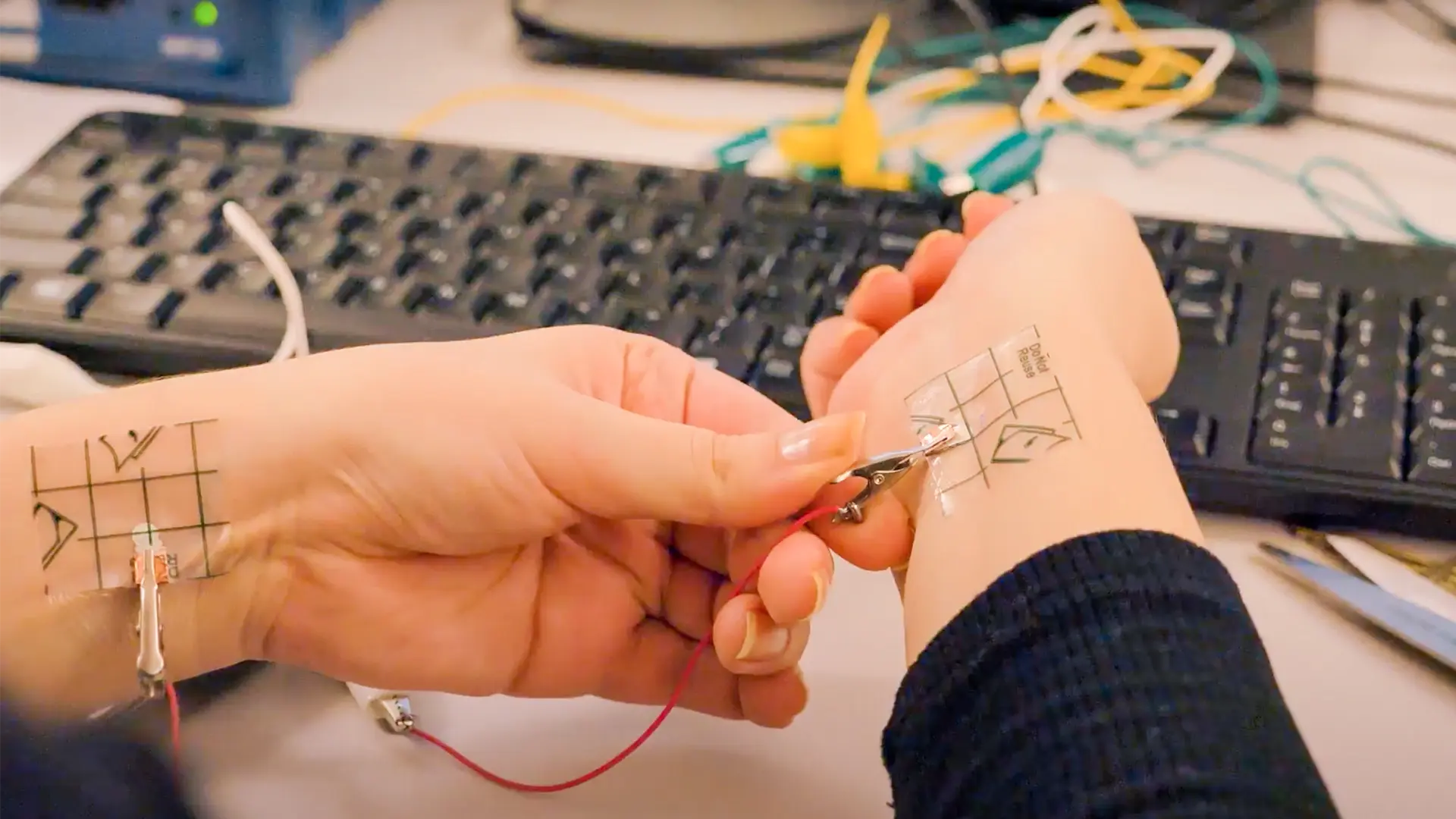Why Failure is a Good Thing
Failure. It’s a word that doesn’t give many of us the warm and fuzzy feelings, but here at Voltera, we tend to see it a little differently. We’re first-hand pros at failing — and failing fast — because for us, that’s a key part of our secret sauce! It’s worth noting that for us, failure isn’t really… failure. We tend to look at it more like Simon Sinek does. You wouldn’t tell a baby that’s learning how to walk that they failed when they fell over, would you? Absolutely not. We tell them to get up and try again! We teach them how to change their approach (try not walking into the ottoman this time!), or we give them new ways to approach the problem (walk around it to get to the other side!). As cliché as it may sound — the only way to truly fail is to quit, or to not do your due diligence.
So let’s cut to the chase. Why is failure a good thing? We’ve got seven reasons!
It shows you what doesn’t work
The quote from Thomas A. Edison applies here: “I have not failed. I’ve just found 10,000 ways that won’t work.” By eliminating the solutions to the problem that won’t actually solve anything, it allows you to check it off your list — it allows your brain to stop considering it as an option and start dreaming about new solutions. Ever had an idea that you couldn’t get out of your head, one that kept resurfacing every time you thought about a specific concept? Sometimes the only way to get your brain to move on and move forward is to try it and see that it won’t work! Doing so gives your brain a new point of focus: a different idea that might solve the problem that you’re trying to tackle.
It makes you good at iterating
One of the key factors to good innovation is the ability to iterate on the things that work and discard the things that don’t. The only way to get really good at something is to practice! And that means not being good at it right out of the gate. Just like learning a new sport, or a musical instrument, your first couple attempts are going to be cringe worthy. The important part is to not focus on the off notes, or the missed swings, but to focus on the future — of what could be, if you really nail that shot, or the high C you’ve been working on. Once you focus on that, iterating becomes a habit! You’re always looking for a new way to do something, an easier way, a more cost-effective way, or a way that solves two problems at the same time. Focusing on ways to make changes and improve is what gets your creative juices flowing — and we all know that’s when the magic happens.
It keeps you in the now
As a society we tend to be incredibly future focused. We ask seven-year-olds what they want to be when they grow up; we talk about five and 10 year plans, and we try to de-risk and future proof everything that we can. But what this can do is kill creativity. Brené Brown said it best, “There is no innovation and creativity without failure. Period.” In her research on vulnerability, she discovered that being open to the idea of failing is the birthplace of creativity, innovation, and change. The key is to focus on making the next right choice given the information you have right now. If you fail and get new information? Awesome! Now you can incorporate that into your next attempt.
It gives you grit, and a growth mindset
Grit is defined as: passion and perseverance for long-term goals — and it was a unique predictor of success in a variety of different contexts. It’s about living life like it’s a marathon, not a sprint! And that’s particularly useful when you’re trying to invent something new, or try something in a different way that’s never been tried before. Researchers looking into how to develop grit, and a growth mindset, have zeroed in on what some call, the power of ‘yet’. Being willing to get it wrong and think, “I just didn’t get it right yet,” is the key to developing a growth mindset — and succeeding in developing something new, whether it’s hardware, software, or simply an idea.
The more you do it, the less scary it becomes
Like anything in life, screwing up becomes less scary when you’ve done it a million times. Especially because, as you continue to try, you get better at mitigating truly catastrophic risk! It also gives you lots of evidence that you’re capable of problem solving your way out when something goes awry. Once you feel like things going wrong is inevitable — but that you can fix it, the sky’s the limit!
You get better at identifying risks that are worth it
Further to the point above, the more you are willing to try and take risks, the better you get at being able to assess which risks are worth taking, and which ones aren’t. Your ability to figure out the potential consequences — and better yet, the potential rewards — of taking a chance improves the more that you exercise it. Risk assessment is like a muscle — the more you use it, the better it gets.
Sometimes a failure points you in a direction you hadn’t even thought of
Jeff Bezos gets a lot of flack for some pretty questionable business practices, but one thing that he really gets right is his ability to stay agile, try things, fail, and get back up again. The original idea that he had (that eventually became Amazon) was that he wanted to start an online bookstore. But he wasn’t rigid in his views about how to achieve that goal. And because he wasn’t rigid — but rather was focused on how to make the quickest, most effective step forward towards his goal, he was able to see the potential in his idea to become something more. That’s what a growth mindset gives you. You have to be willing to get it wrong to truly reach the fullest potential of your idea.
For more insight on the path to production, or how our team really looks at failure, make sure you subscribe to the blog, as we plan to keep sharing the way our team does product design and development. Because we’re firm believers in innovation, creativity, and — most importantly — the power of electronics to change the world, so if we can help you get there by giving you our recipe for success, we’re all over it.

Check out our Customer Stories
Take a closer look at what our customers are doing in the industry.

